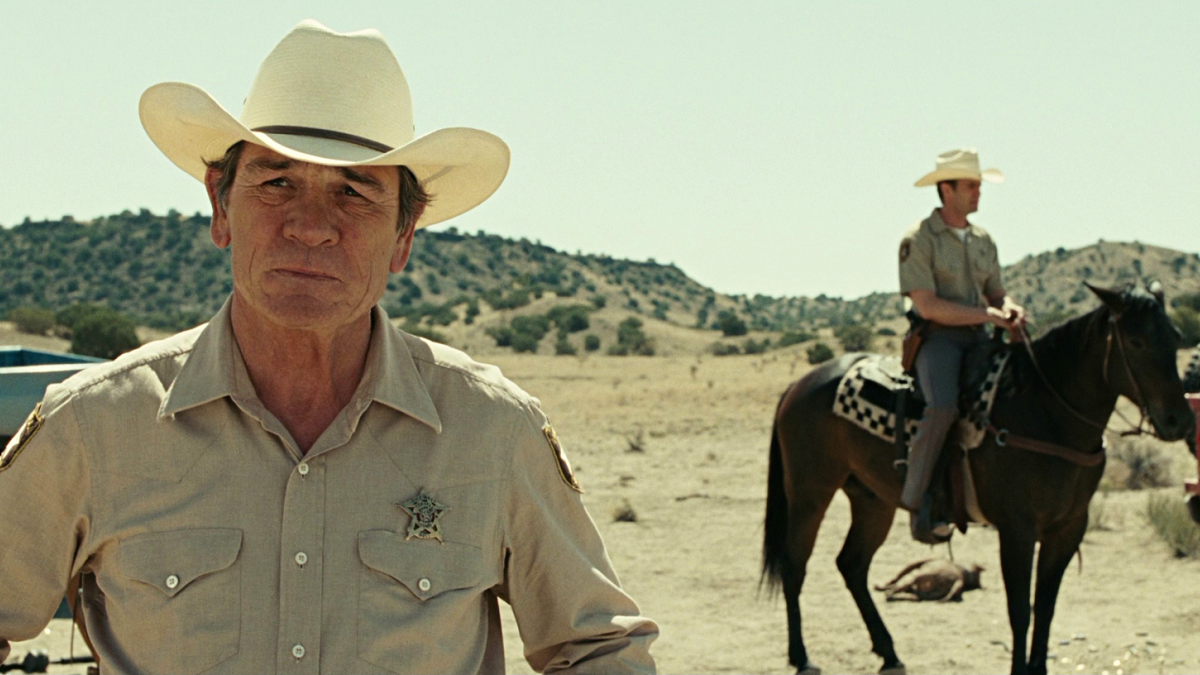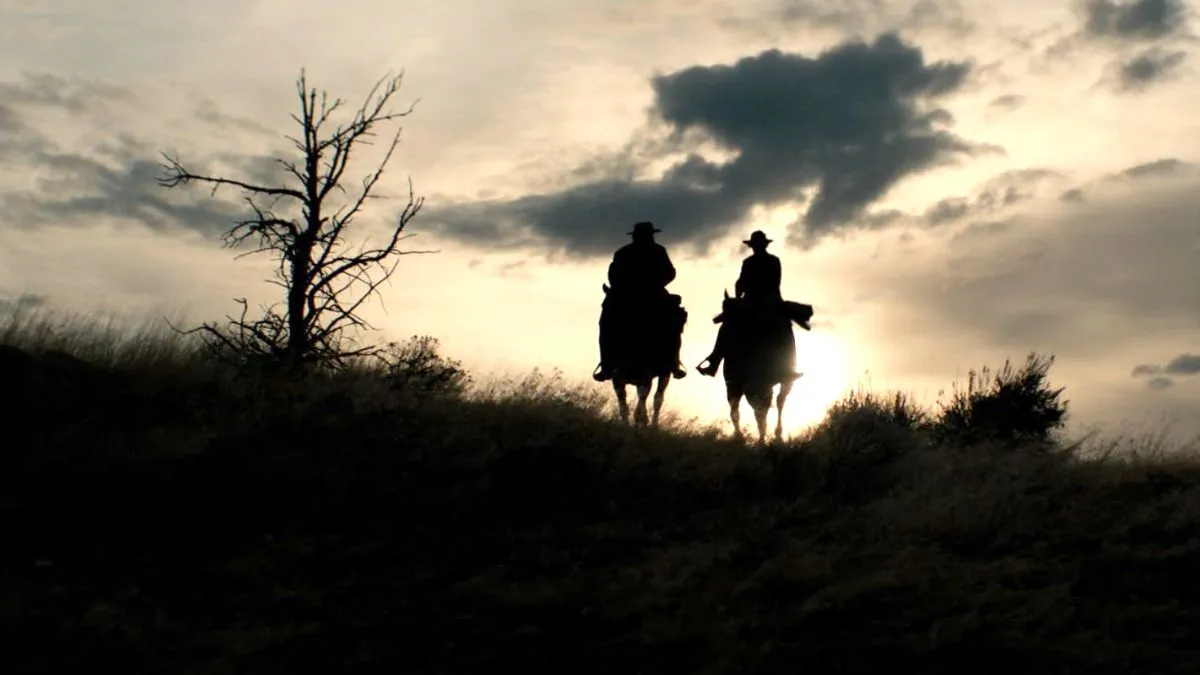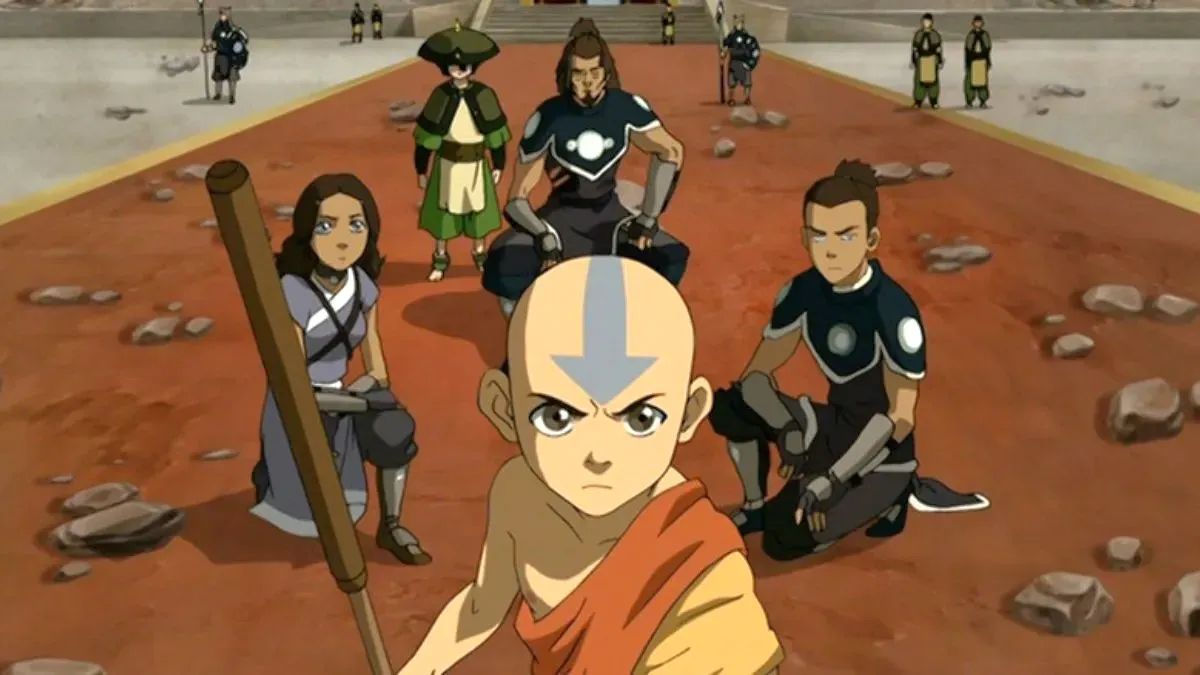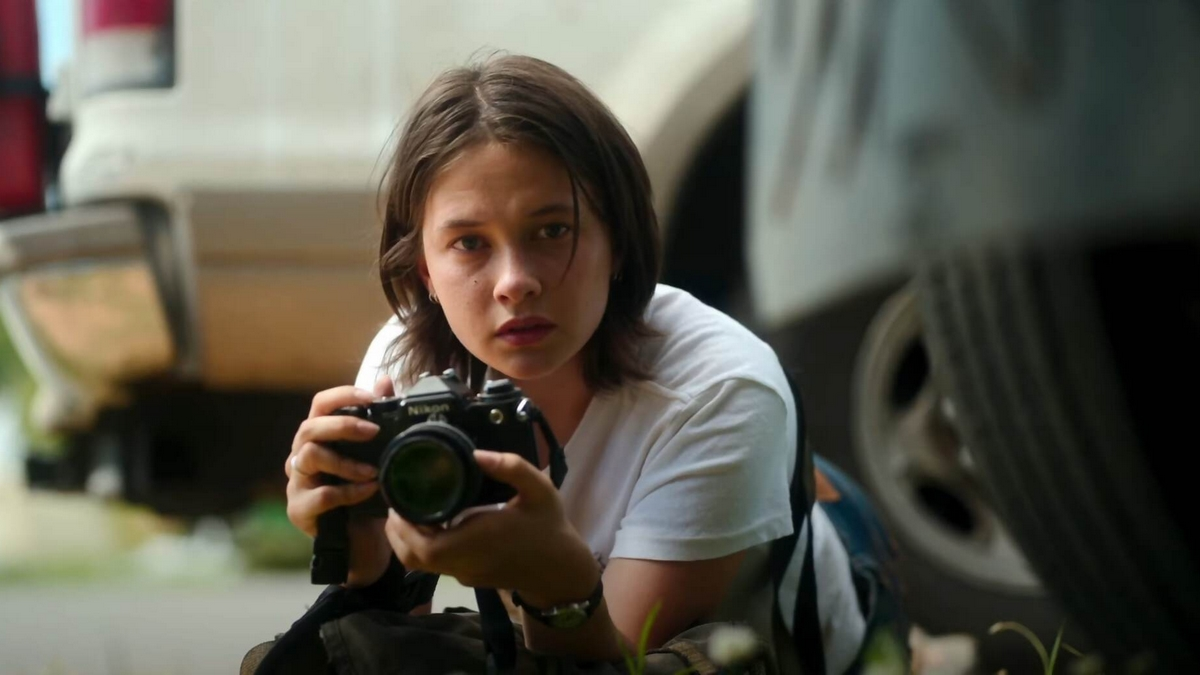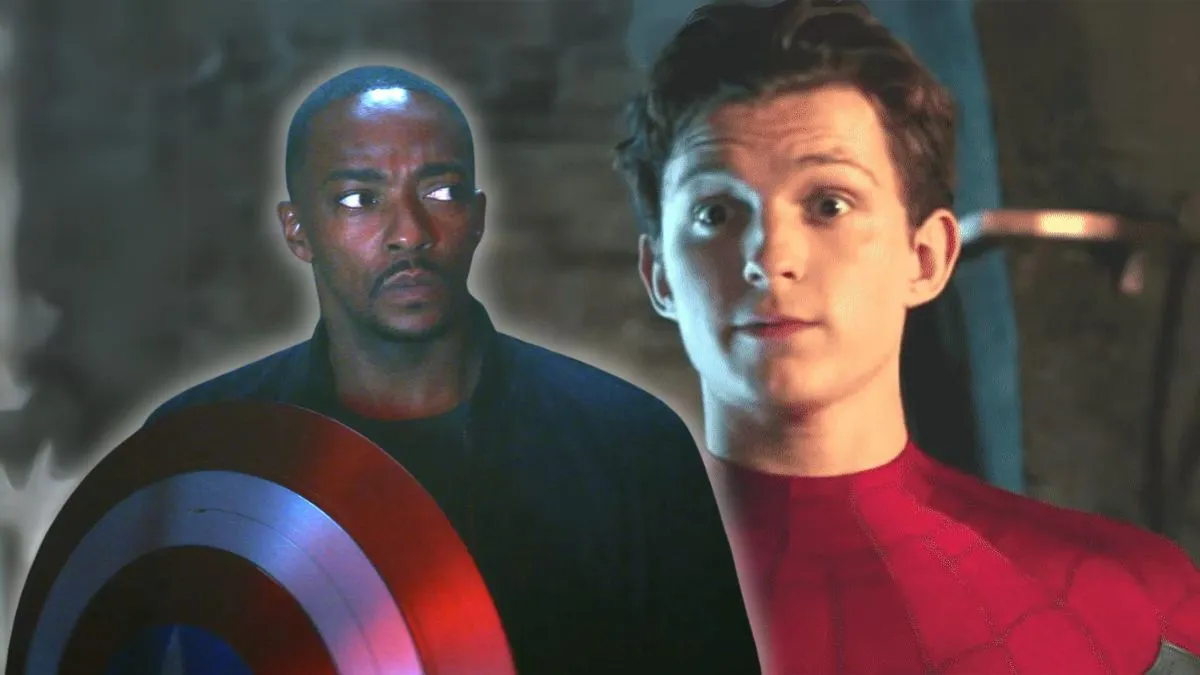
On September 18, 1980, a mechanic accidentally dropped a socket while performing routine maintenance on a Titan II missile in Damascus, Arkansas. The resulting rupture in the fuel tank nearly resulted in the detonation of one of America’s most powerful nuclear warheads. This is the harrowing subject of Command and Control, which just premiered at the Tribeca Film Festival: a fascinating and terrifying documentary about the on-going effects of the Cold War arms race, and how close America came to nuclear catastrophe.
Coming from the producers and director of Food, Inc. and the executive producer of Last Days of Vietnam, Command and Control is based on the book of the same name by Eric Schlosser, who also acts as an occasional narrator of the film. Command and Control chronicles two historical events: the nuclear arms race and nuclear accidents in America, and their relationship to the near-catastrophe of the “Damascus Accident.”
Although it presents some history of the nuclear arms race and the purpose of deterrence, Command and Control largely focuses on telling the stories of the men on the ground who were helped by their technical knowledge and hobbled by the chain of command.
First, we are introduced to the layout of the Titan II missile silo via the memories of two of the crew members on duty on the night of the accident, both of whom played important parts in the unfolding events. As the film proceeds, we learn the history of the Titan II missiles specifically, and the technical knowledge that each crew member and mechanic had to possess in order to work on them at all. Despite the apparent technical complexity of their work, the men who worked on the Titan II were also relatively young, aging anywhere from 18 to 24 – children, in effect, who have been put in charge of an extremely powerful and dangerous weapon. The film develops the thriller aspects of its narrative via visual reenactments and, more palpably, news footage from the event itself.
Command and Control allows for a great breadth of perspective: everyone from the missile launch crew, to the mechanic who dropped the socket, up to then-Secretary of Defense Harold Brown has their say. Each acknowledges that the accident is the very sort of thing that should never have been able to happen, and yet was almost inevitable given the age of the missile and the many opportunities for even a small error to have massive repercussions.
The general convergence of opinion – that these weapons were just as dangerous sitting in silos on American soil as they were launched on Soviet targets– might point to some strategic filmmaking in the formation of an argument…or it might highlight the general wisdom that nuclear weapons are much less safe than they appear.
Command and Control steps outside of the bounds of the official narrative and gives credence to the accounts of the “little guy,” the men who were actually involved in trying to keep a nuclear warhead from exploding. While it is certainly constructed to be an entertaining, non-fiction thriller, it still remains very true to the realities of the men involved.
Several interviewees come close to tears as they remember the events, the danger they faced, and the careers that were destroyed as the result of an accident. There’s no doubt that the filmmakers take a stance against nuclear weapons, but the doc does well to rely more on eye-witness explanations, almost all of them from the actual participants, than on second-hand analysis or weak assumptions.
The weakest element of Command and Control is when it departs early on from the initial “September 18, 1980” narrative and jumps in time to recount the beginnings of the nuclear arms race and other near-disasters. Situating the individual story of the Damascus Accident in a broader historical context can be helpful, but here it proves somewhat jarring and confusing, the little printed dates at the bottom of the screen notwithstanding. By the time the viewer is accustomed to shifts in narrative, the film has abandoned leaping around in time, and by the second half has settled into focus on the Damascus Accident.
In Command and Control, the filmmakers interweave the personal, the historical, and the political to produce a fascinating look at American nuclear capabilities, the real dangers of maintaining a nuclear arsenal, and the failures of the chain of command that cannot cope with such an apparently simple yet damaging error as the dropping of a socket. But it is author Eric Schlosser makes the most profound and frightening statement of the entire film: “If the system worked, then a mechanic dropping a socket would not send a nuclear warhead into a field.” Indeed.


